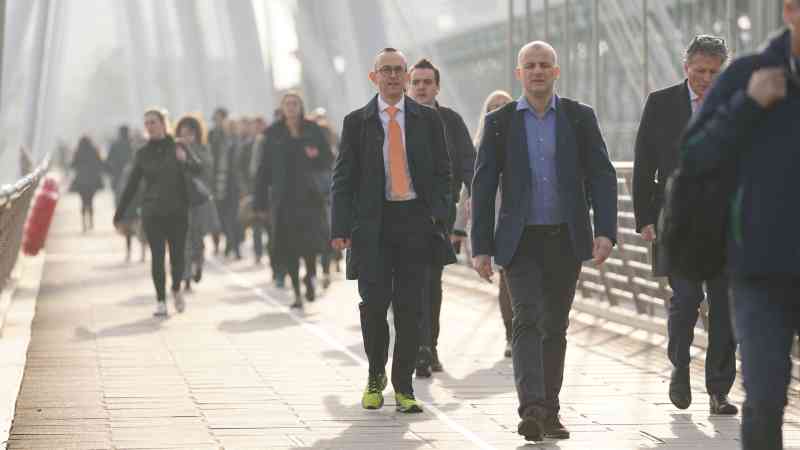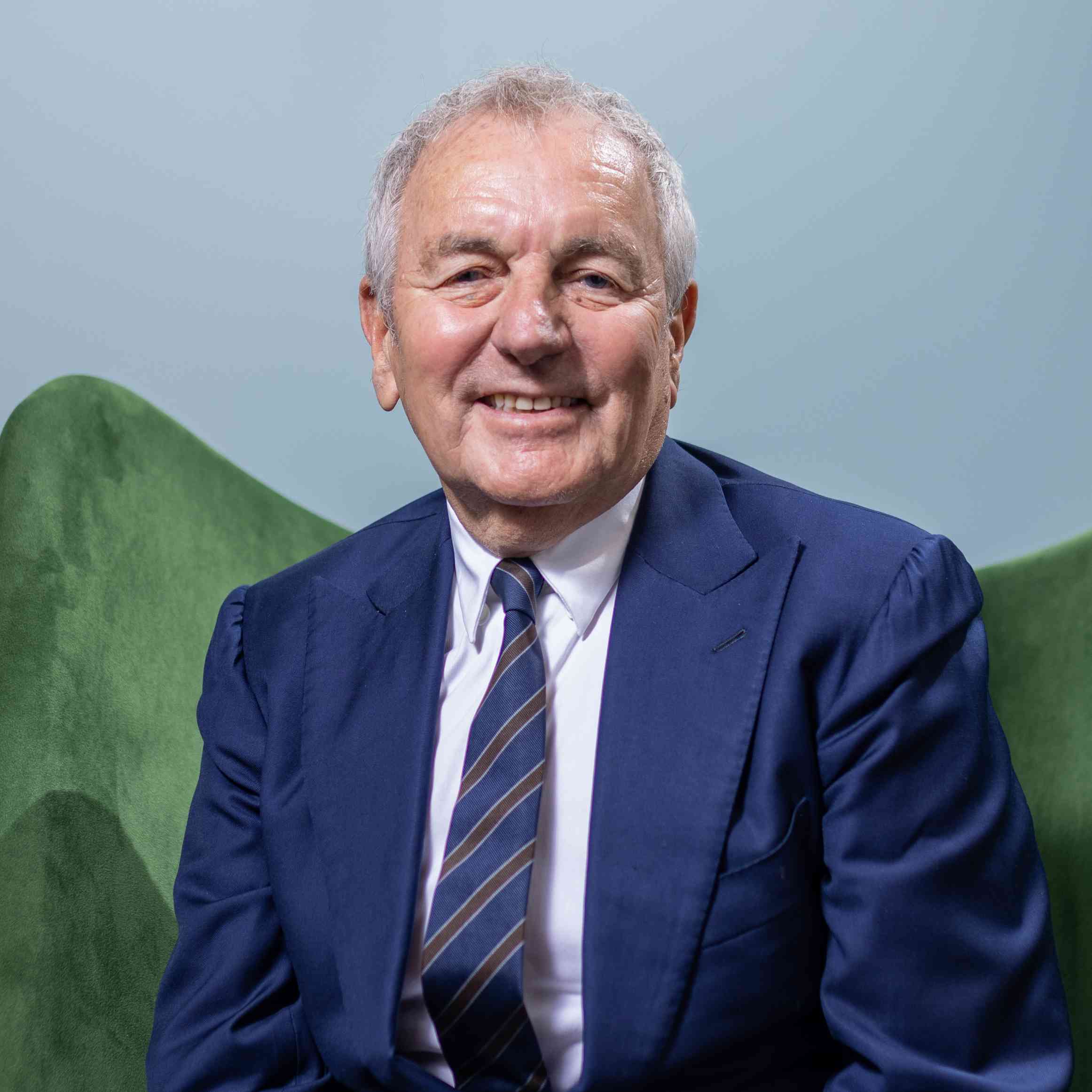Recruitment downturn keeps Hays in a difficult position
Annual profits at one of Britain’s biggest recruiters more than halved last year and there is still no sign that the hiring market will pick up any time soon.
Hays has seen “increasingly challenging market conditions” over the past 12 months, with companies reluctant to hire and workers staying put.
“It’s normal in a downturn that clients have less roles to fill, are more picky and need more interviews to find the perfect candidate,” Dirk Hahn, chief executive of the FTSE 250 company, said. “On the other side, candidates are more cautious in a more tricky economy because it could be that they are last in and first out.”
The slowdown has been a global phenomenon, with profits down in Hays’s three largest markets: Germany, Australia and the UK. Italy and Portugal were among the few bright spots, achieving record fee income.
Hays’ army of consultants generated fee income of £1.11 billion in the 12 months to the end of June, 14 per cent lower than the £1.29 billion they pulled in in the previous financial year. Pre-tax profits declined 51 per cent to £94.7 million from £192.1 million. The final dividend, to be paid on November 25, has been held at 2.05p per share, although there will be no special dividend.
Stock market investors knew the slump in profits was coming, with Hays warning last month that the market was still tough. With expectations having recently been lowered, Hays shares rose 2½p, or 2.6 per cent, to 97½p on Thursday morning. At the peak of the pandemic’s “great resignation” they were trading at almost double that.
Hays is headquartered in London but has offices in 33 countries around the world. It is known for being Britain’s biggest recruiter of qualified accountants, although its most profitable specialism is now technology.
The downturn in the hiring market has persisted for almost two years now and Hahn, 55, said he could not remember “such a long period of downturn” in his 27 years in the industry.
All of the big recruiters have felt the squeeze and have repeatedly pushed back their expectations for when the recovery might arrive. Hahn said he did “not have a crystal ball” and so could not make a prediction, although the feeling in the industry is that it will not be until 2025.
Elections around the world have not helped sentiment, while uncertainty remains about the outlook for the global economy. As a consequence, many businesses have put their expansion plans on ice, while workers are less inclined to move, especially without the lure of big pay rises. In the post-pandemic hiring rush, companies were offering new joiners rises of 15 per cent, sometimes more. Now, increases of 5 per cent are the norm, which the existing employer is often happier to match, and Hays has seen more counteroffers made in recent months.
In response to the subdued market, Hays, like its peers, has focused on cutting its costs. Its annual cost base is now £60 million lower than it was, with most of the savings coming from a much lower headcount. The company employs around 11,000 people around the world, which is 22 per cent lower than the peak 18 months ago. Some of that has come from “performance management”, although most of it has been “natural attrition”.
Hahn is also trying to move Hays “further up the food chain”, given that demand for the most skilled and most senior positions is holding up better than for more junior roles. “For instance, in the UK, where the [broader] market is not very supportive, in our permanent senior finance business, we’re seeing much more resilience,” he said.




Post Comment